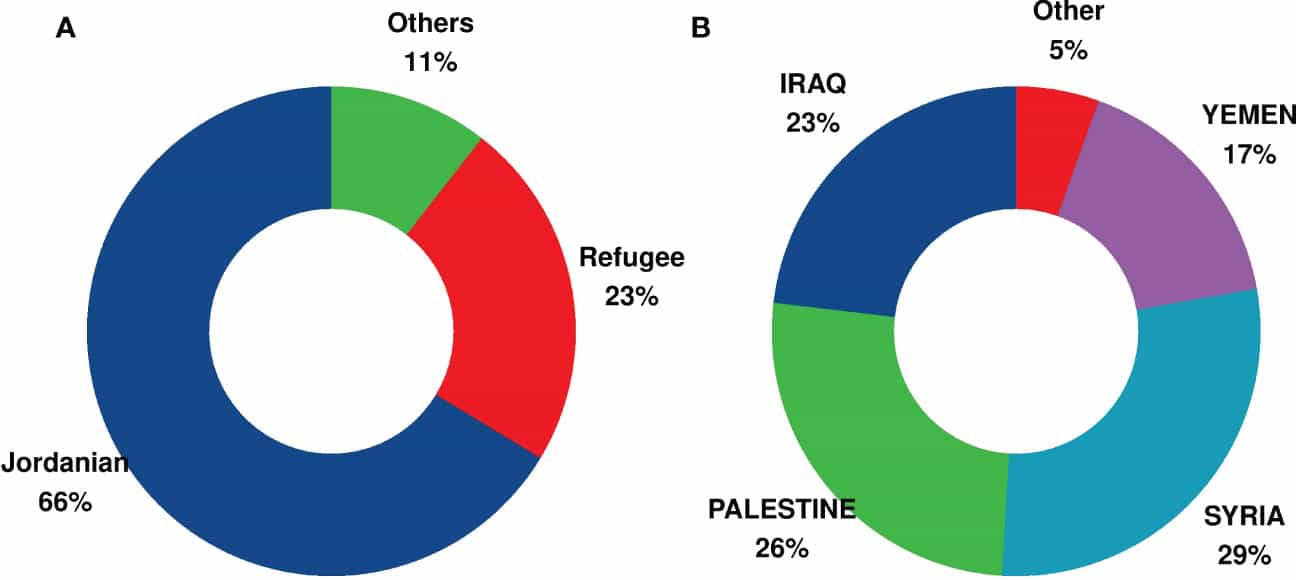Addressing Childhood Cancer in Conflict Zones

On February 15, 2025, the world came together to observe International Childhood Cancer Day. This day serves as a reminder of the ongoing struggles faced by children diagnosed with cancer, particularly in regions affected by conflict and emergencies. The World Health Organization (WHO) has raised concerns about the unique challenges these children encounter. In countries like Lebanon, the occupied Palestinian territory, Syria, and Yemen, children battling cancer face not only their illness but also the devastating impacts of war, displacement, and inadequate healthcare access. This article explores the critical situation of childhood cancer care in conflict zones and the efforts being made to address these challenges.
The Dire Situation of Childhood Cancer in Conflict Areas
Childhood cancer is a leading cause of death among children worldwide, with an estimated 400,000 new cases diagnosed each year. While survival rates have improved significantly in high-income countries, the same cannot be said for low- and middle-income nations. In these regions, access to diagnostic services, treatment, and support is often severely limited. The WHO emphasizes that children in conflict-affected areas face compounded struggles. Hospitals are overwhelmed, medical staff are in short supply, and many healthcare facilities have been damaged or destroyed.
In Gaza, for instance, hundreds of children require evacuation to neighboring countries for lifesaving treatment. However, the process is fraught with obstacles. Before the recent escalation of conflict, only 10 out of 405 children referred for treatment outside Gaza were approved, and tragically, some children died waiting for approval. This situation highlights the urgent need for improved access to care for children with cancer in conflict zones.
The Impact of Conflict on Cancer Care
Conflict disrupts not only healthcare access but also the supply chains necessary for cancer treatment. Essential medications often become scarce, and interruptions in treatment can drastically reduce survival rates. In Libya, for example, there is a severe shortage of trained oncology specialists, with only 0.82 medical oncologists and 0.2 radiation oncologists per 100,000 people. This leaves many children without access to lifesaving care.
Moreover, critical services such as bone marrow transplants have been halted in some areas due to systemic failures. The WHO is working tirelessly to address these issues, but the challenges remain significant. The organization collaborates with governments and other stakeholders to improve access to childhood cancer care in conflict-affected regions. Their efforts include providing medical supplies, supporting local healthcare systems, and training healthcare workers.
Initiatives for Improving Childhood Cancer Care
To tackle the chronic disruption of childhood cancer services in humanitarian contexts, the WHO has proposed several initiatives. One critical approach is the establishment of specialized cancer treatment units in areas where healthcare infrastructure is compromised. Additionally, the WHO is working to create mobile clinics that can reach displaced children in remote or hard-to-reach areas. These clinics will not only provide medical care but also psychological support for children and their families.
Global efforts to strengthen childhood cancer care in the Eastern Mediterranean Region offer hope. The Global Platform for Access to Childhood Cancer Medicines is currently being piloted in Jordan and will soon be implemented in Pakistan. This initiative aims to ensure a seamless supply of essential medicines for children with cancer. Furthermore, the collaboration between the WHO and St. Jude Children’s Research Hospital is driving improvements in childhood cancer care across ten countries in the region.
In addition, a manifesto released by WHO Director General Dr. Tedros Adhanom Ghebreyesus outlines strategic approaches to ensure equitable outcomes for patients and their families. The manifesto includes seven key recommendations that urge countries to advance inclusive strategies and care models for cancer patients in humanitarian settings. These recommendations emphasize the need for palliative care, the specific requirements of different age groups, and the importance of integrating cancer care into emergency response plans.
Observer Voice is the one stop site for National, International news, Editor’s Choice, Art/culture contents, Quotes and much more. We also cover historical contents. Historical contents includes World History, Indian History, and what happened today. The website also covers Entertainment across the India and World.

